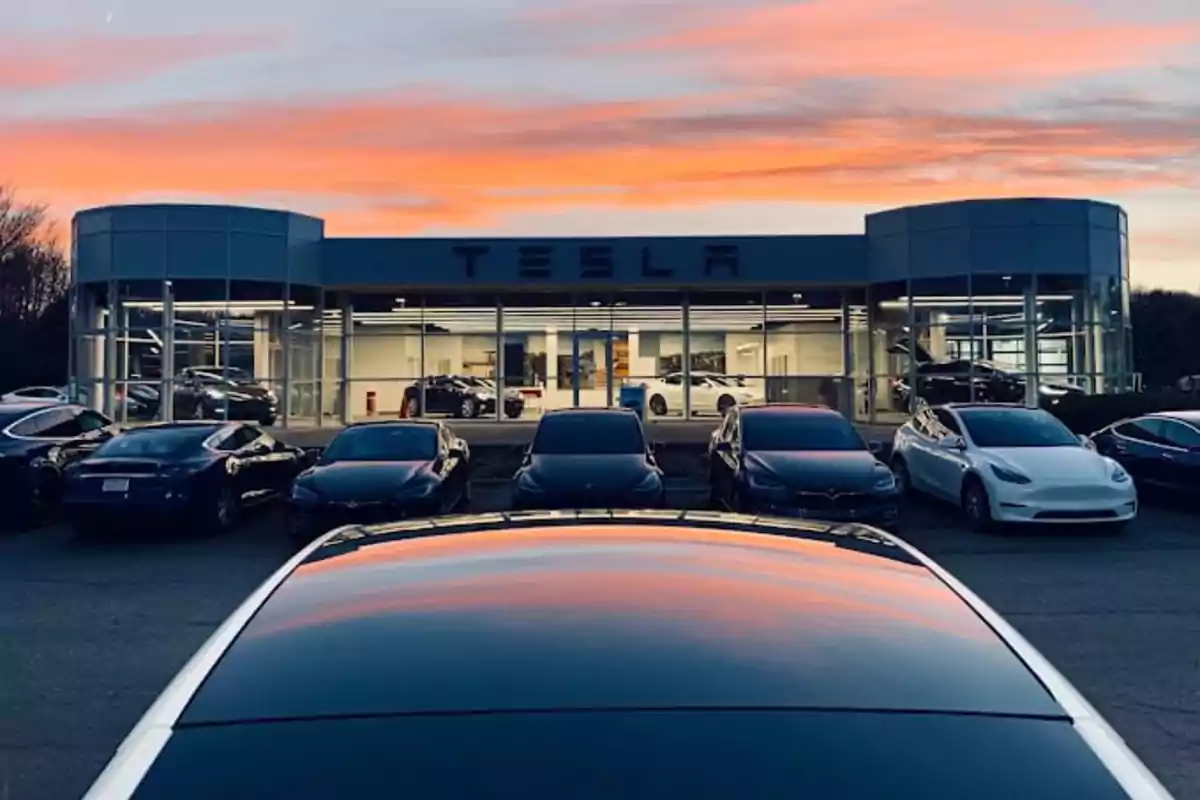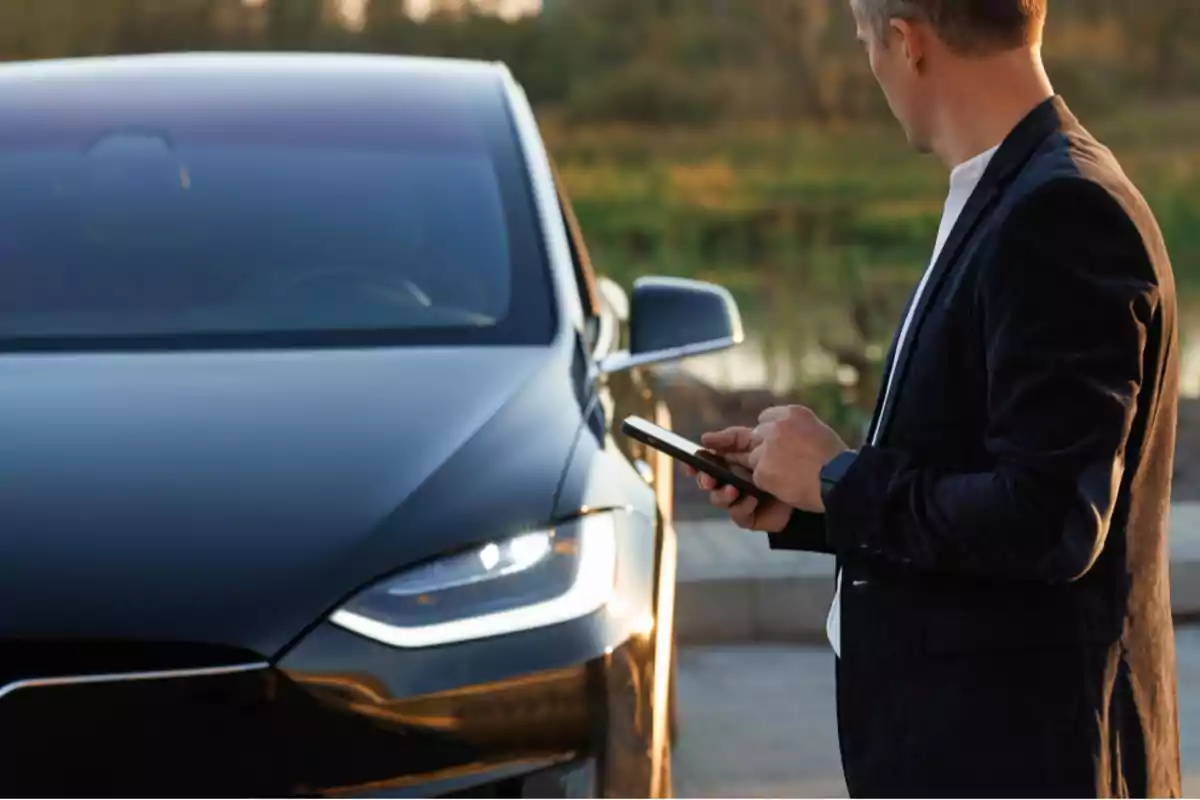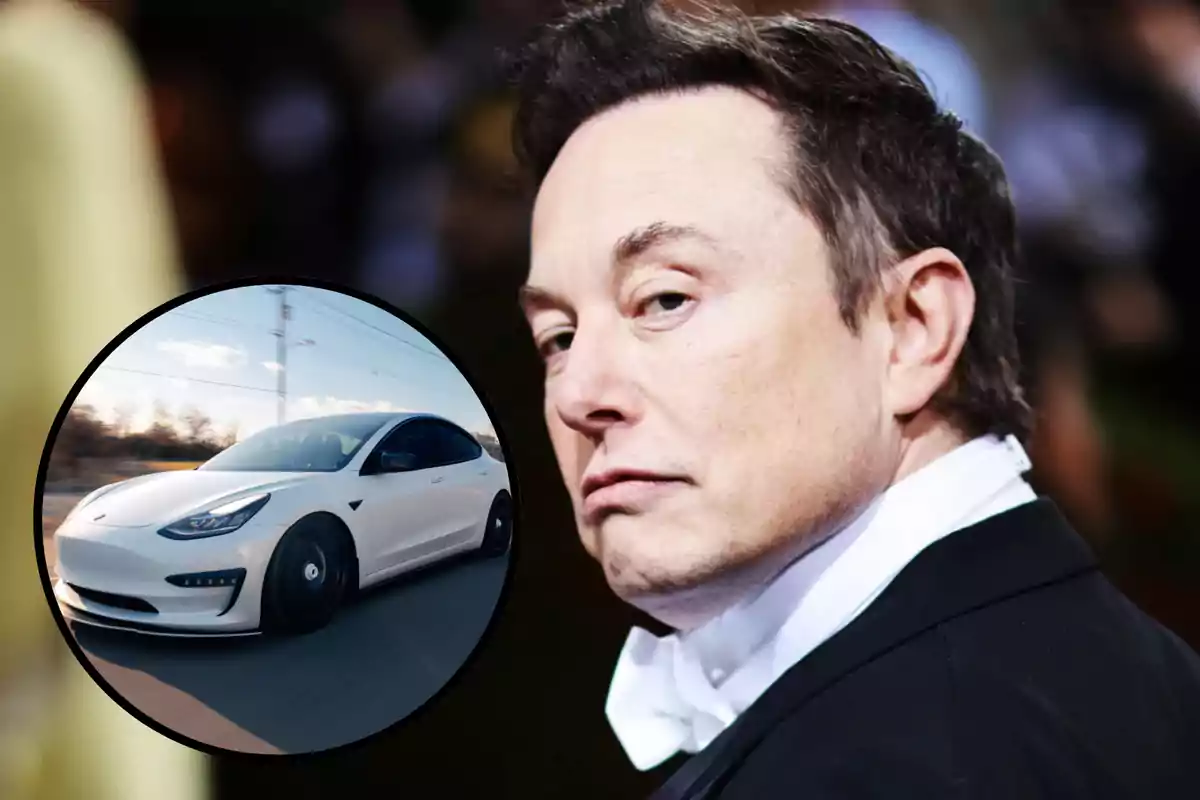A massive lawsuit shakes Tesla in Australia. More than 10,000 drivers have decided to raise their voices against Elon Musk's company. The reason? A malfunction that could endanger its users' lives.
What's happening with Tesla?
The problem began with a malfunction known as "phantom braking", which is a situation where the car brakes by itself, for no apparent reason. No obstacles, no cars nearby. It simply stops, unexpectedly, sometimes at high speeds.
This malfunction occurs when the automatic driving system or cruise control is activated. It's not an isolated case. Thousands of drivers have reported the same behavior in their vehicles.

The class action lawsuit
The law firm JGA Saddler, which is leading the lawsuit, reported that 10,000 Australians have already joined. The legal process was filed in February before the Federal Court of Australia.
According to attorney Rebecca Jancauskas, Tesla vehicles sold since May 2021 have "dangerous defects." In addition, the company allegedly made false promises about the level of autonomy of its cars.
Legal representatives for Tesla are expected to respond in July. Meanwhile, those affected are seeking financial compensation. Above all, they want answers.
What do users say?
Driving a Tesla on the highway should be a futuristic experience. Silence, speed, and technology. For many, it has become a nightmare.

Imagine this: you're going 68 mph (110 km/h) with autopilot activated. Suddenly, the car brakes by itself, no one in front, no reason. Just a sudden stop that can cause an accident.
For the plaintiffs, this malfunction is not only frustrating. It's a risk, and Tesla, according to them, knew about the problem. It did nothing to solve it.
Other complaints: Range and broken promises
In addition to phantom braking, users report other failures. Some units don't even reach 75% of the promised range. They also point out that many of the announced autonomous driving features never became active.
Buyers feel deceived. Tesla, they say, sold a future it didn't deliver.
Tesla also faces problems in the U.S.
This is not an isolated case; in the United States, Tesla already faces similar lawsuits. In fact, one of the most well-known incidents occurred during Thanksgiving Day. A Model 3 braked for no reason and caused a multi-car collision on a San Francisco highway.
The scene was concerning. Autopilot activated, sudden maneuvers, several cars involved. All because of the same malfunction: phantom braking.
What now?
Tesla has claimed in its advertising that autopilot improves safety. It also reminds drivers that they must keep their hands on the wheel.
Even so, trust is damaged; those affected in Australia aren't just seeking money. They demand transparency. They want Tesla to take responsibility.
The trial in Australia will be key. Not only for those 10,000 customers. It could also set a global precedent.

